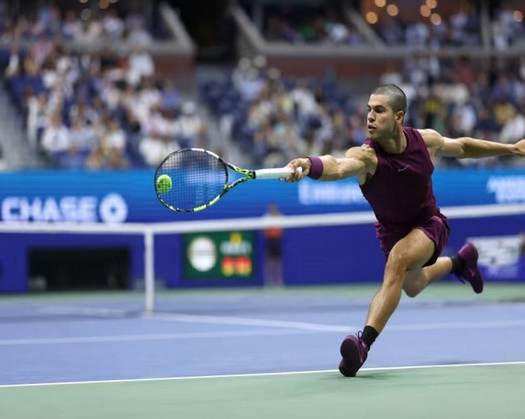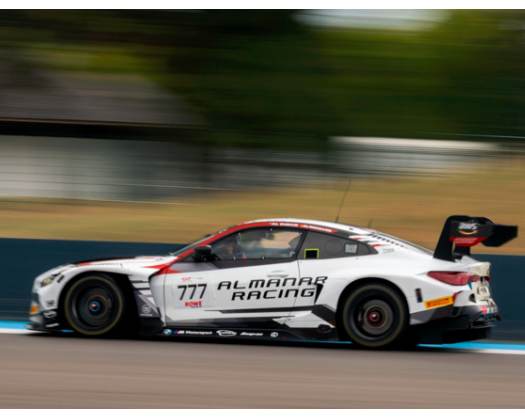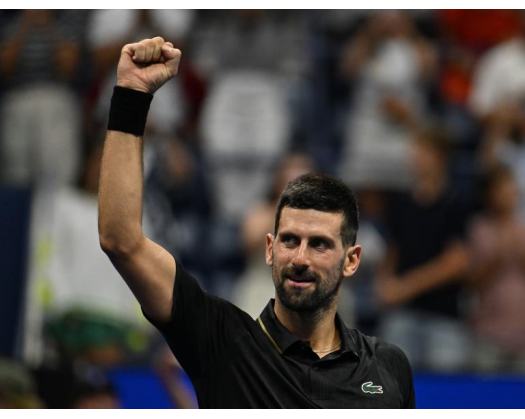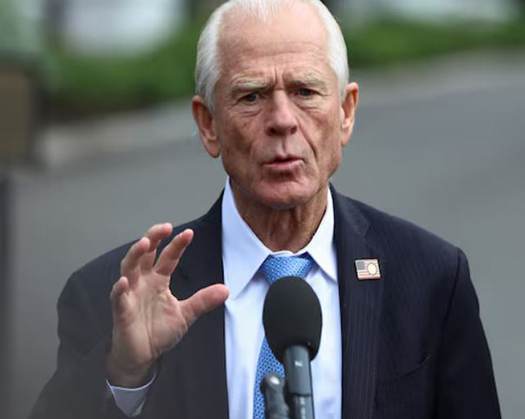The current world number one in tennis appears to have received a relatively lenient three-month suspension. He tested positive for the prohibited anabolic substance Clostebol in the spring of the previous year—specifically on March 10 during the ATP Masters tournament in Indian Wells, USA, and again on March 18 while training—but he was not initially suspended.
In response, the World Anti-Doping Agency (WADA) escalated the issue to the Court of Arbitration for Sport (CAS), seeking a ban of one to two years. CAS was set to review the case in mid-March.
However, WADA has since retracted its appeal, stating in a release that it acknowledged Sinner "did not intend to cheat and that his exposure to Clostebol did not confer any performance-enhancing advantage and occurred without his awareness due to the negligence of his entourage."
WADA concluded that a three-month suspension was an "appropriate outcome."
What is Clostebol?
Clostebol is an anabolic steroid that promotes muscle mass development and enhances athletic performance. It was administered to athletes in the former East Germany as part of a systematic state-sponsored doping program. Most instances of Clostebol doping have been reported in Italy and Brazil, where over-the-counter wound creams and sprays containing the substance are readily available in pharmacies.
In 2016, Norwegian cross-country skiing champion Therese Johaug tested positive for Clostebol after using a skin cream that contained the substance to treat a sunburn on her lip. The cream had been purchased by her team doctor in the Italian Alps. The CAS subsequently imposed an 18-month ban on her, resulting in her missing the 2018 Winter Olympics in Pyeongchang.
Why was Sinner not banned immediately?
Following two positive doping tests, the International Tennis Integrity Agency (ITIA) provisionally suspended Sinner. However, he promptly filed an appeal, which was successful. The ITIA accepted his defense that a physiotherapist from his team had applied a spray containing Clostebol to treat a wound on his own finger and subsequently massaged Sinner without gloves, leading to "accidental contamination."
The ITIA, an independent body based in London, was established in 2021 by the ATP, WTA, and ITF tennis associations, along with the organizers of the four Grand Slam tournaments, to uphold the integrity of professional tennis. The Sinner case was referred to an independent panel, which concluded in a hearing on August 15 that the player had "no fault or negligence."
What is Sinner's standing in world tennis?
The era dominated by the Big Three is nearing its conclusion. With Switzerland's Roger Federer and Spain's Rafael Nadal having retired, Serbia's Olympic champion Novak Djokovic is also expected to retire soon at the age of 37.
Jannik Sinner appears determined to achieve similar success. In June 2024, he became the first Italian to reach the number one position in the ATP world rankings and has maintained that status since. That same year, he clinched two of the four Grand Slam titles, winning the Australian Open and the US Open, as well as the ATP Finals, which is the season-ending tournament for the top eight players. He successfully defended his title at the Australian Open this year, securing a decisive three-set victory in the final against German tennis player Alexander Zverev.
What implications does a three-month ban hold for Sinner?
Sinner will retain all his titles and the prize money earned last year; however, he will be unable to participate in several tournaments until his suspension concludes on May 4. Additionally, he will forfeit the ranking points accumulated during the same three-month period last year. This situation presents an opportunity for Zverev, currently ranked second, to potentially surpass Sinner in the rankings before May. Sinner will still be eligible to compete in the upcoming Grand Slam, the French Open, scheduled in Paris from May 25 to June 8, and he can prepare for the clay surface at a tournament in Rome two weeks prior.
What has been the tennis community's response to the agreement between WADA and Sinner?
Novak Djokovic expressed that "most players I've spoken to in the locker room … are dissatisfied with how this entire situation has been managed." He noted that many believe there is "favoritism at play," suggesting that top players might influence outcomes if they have access to elite legal representation.
Zverev also commented on the peculiar nature of the case, stating, "If you are completely innocent, then a ban shouldn't apply. Conversely, if you are guilty, a three-month suspension seems insufficient for a steroid violation."
Djokovic further highlighted a "lack of trust in WADA and ITIA." Both organizations faced criticism following the positive test of Polish player Iga Swiatek for trimetazidine last August. She attributed her positive result to contaminated melatonin tablets taken for jet lag. The ITIA accepted her explanation and imposed only a one-month suspension. In January, WADA announced it would not pursue an appeal.
What insights do anti-doping specialists provide regarding the Skinner case?
Fritz Sörgel, a German pharmacist and doping authority, expressed to DW that the actions taken by WADA could signify the collapse of the current anti-doping framework. He warned that the repercussions would be "devastating," leading to a loss of foundational integrity within the system. "Moving forward, individuals may cite the Skinner case and similar instances to argue for reduced penalties, even in the presence of positive doping results, as long as they can present a plausible justification."
Lars Mortsiefer, the chair of the National Anti-Doping Agency of Germany, indicated that this case could set a precedent, potentially encouraging athletes who test positive in the future to seek negotiations with WADA to lessen their suspensions.













